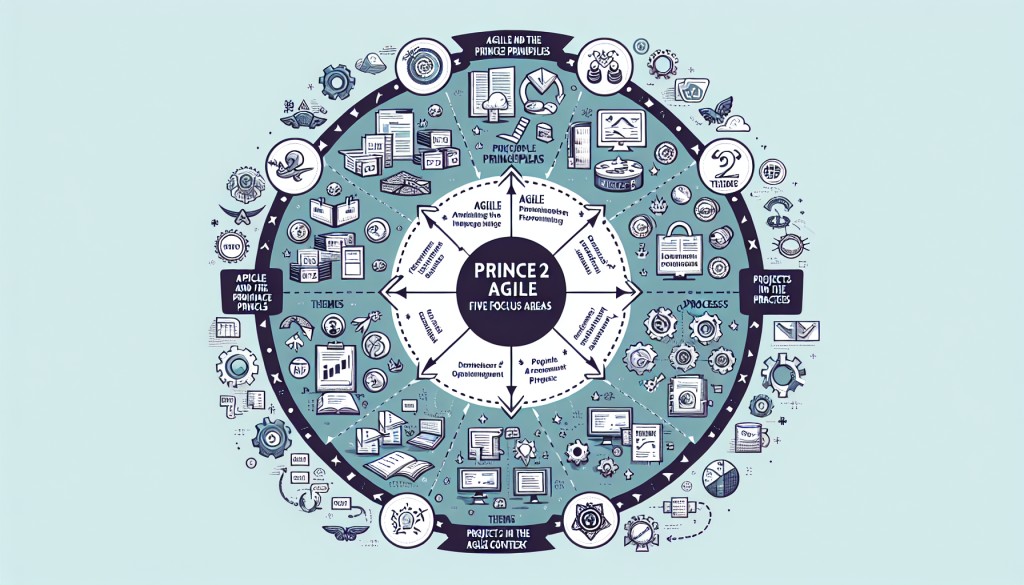Agile methodologies have been making waves in the world of project management, and its easy to see why. These innovative approaches to project delivery are revolutionising the way teams work together, driving efficiency, collaboration and ultimately success. Here are five ways in which Agile methodologies are shaping the future of projects.
Firstly, Agile methodologies promote flexibility and adaptability. Traditional project management approaches often follow a rigid, linear path from start to finish. In contrast, Agile methodologies allow for changes to be made throughout the project lifecycle, enabling teams to respond quickly to new information or shifting priorities. This agility ensures that projects stay on track and deliver the desired outcomes, even in the face of uncertainty.
Secondly, Agile methodologies foster collaboration and communication. By breaking down projects into smaller, manageable chunks, Agile teams are able to work closely together, sharing ideas, feedback and expertise. This collaborative approach not only improves the quality of the end product but also enhances team morale and engagement. With Agile methodologies, everyone has a voice and can contribute to the projects success.
Thirdly, Agile methodologies promote customer satisfaction. By delivering working prototypes early and often, Agile teams are able to gather feedback from stakeholders and make adjustments as needed. This constant feedback loop ensures that the end product meets the customers needs and expectations, ultimately leading to higher levels of satisfaction. In an increasingly competitive market, this customer-centric approach is essential for success.

Fourthly, Agile methodologies encourage continuous improvement. Through regular retrospectives and feedback sessions, Agile teams are able to reflect on their processes and identify areas for improvement. This culture of continuous learning and adaptation ensures that teams are constantly evolving and becoming more efficient over time. By embracing change and striving for excellence, Agile teams are able to stay ahead of the curve and deliver exceptional results.
Finally, Agile methodologies drive innovation and creativity. By empowering teams to experiment, take risks and think outside the box, Agile methodologies foster a culture of innovation and creativity. This mindset of exploration and discovery leads to breakthrough ideas and solutions that would not have been possible with traditional project management approaches. In a rapidly changing world, this ability to innovate is crucial for staying competitive and pushing the boundaries of what is possible.
Agile Methodologies: Redefining Project Management Strategies .
In conclusion, Agile methodologies are revolutionising the world of project management in more ways than one. By promoting flexibility, collaboration, customer satisfaction, continuous improvement and innovation, Agile methodologies are shaping the future of projects in a profound way. As teams continue to embrace these innovative approaches, the possibilities for success are endless.